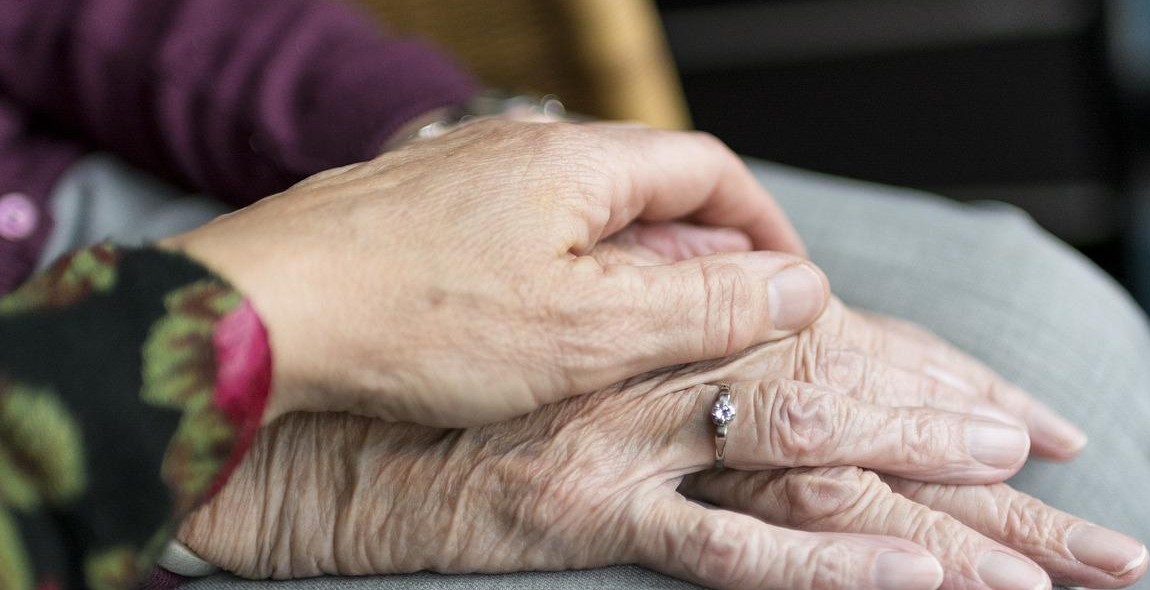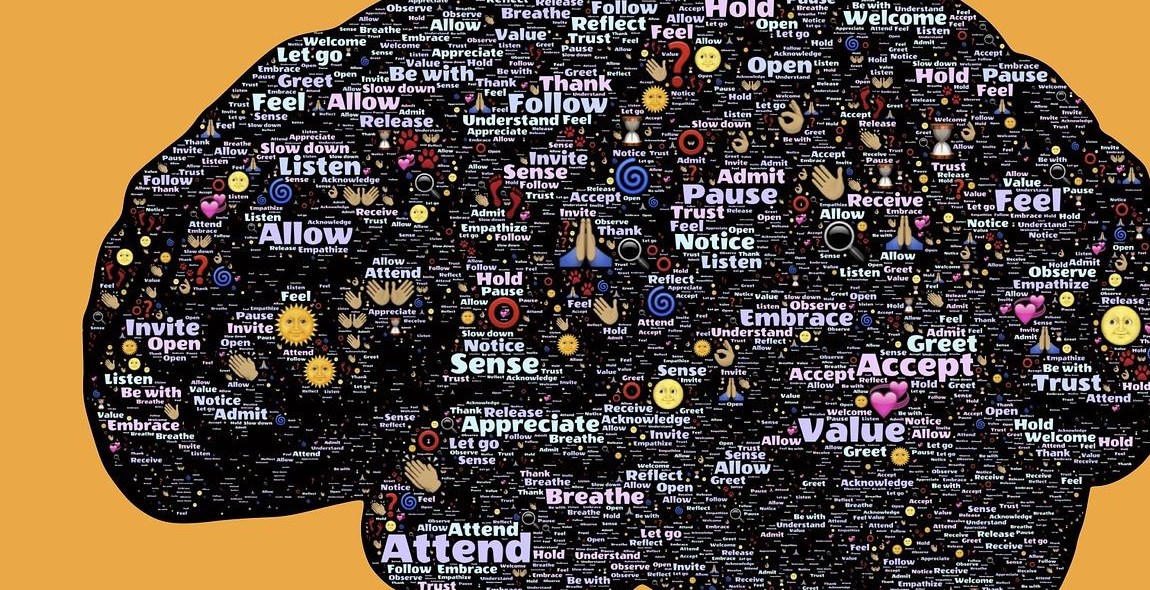The Art of Self-Love: How Loving Yourself Improves Your Relationships
As a love and relationships psychology guru, I have seen firsthand the importance of self-love in building healthy and fulfilling relationships. Many people believe that loving yourself is a selfish act, but in reality, it is the key to unlocking deeper connections with others.
When you love yourself, you are able to set healthy boundaries and communicate your needs effectively. You are also more likely to attract partners who treat you with the same level of love and respect that you give yourself.
But self-love is not always easy. It requires a deep understanding of your own worth and a willingness to prioritize your own needs. Through years of personal experience and working with clients, I have developed strategies for cultivating self-love and using it to improve all areas of your life.
Why Self-Love Matters
Self-love is not just about feeling good about yourself; it is about recognizing your own value and worth. When you love yourself, you are more likely to:
- Set healthy boundaries
- Communicate effectively
- Attract healthy relationships
- Practice self-care
- Take risks and pursue your passions
In short, self-love is the foundation for a happy and fulfilling life. In the following sections, I will explore the art of self-love and how it can improve your relationships.

What is Self-Love?
Self-love is a concept that has gained a lot of popularity in recent years, and for good reason. At its core, self-love is about accepting and valuing yourself for who you are, flaws and all. It involves treating yourself with the same kindness, care, and compassion that you would offer to a loved one.
Self-love is not about being selfish or narcissistic. It’s not about putting yourself above others or disregarding their needs. Instead, it’s about recognizing that you deserve love and respect just as much as anyone else. It’s about setting healthy boundaries and prioritizing your own well-being.
The Importance of Self-Love
Self-love is essential for a happy and fulfilling life. When you love and accept yourself, you are better equipped to navigate the ups and downs of life. You are more resilient in the face of challenges and better able to bounce back from setbacks.
Self-love also plays a crucial role in our relationships with others. When we don’t love ourselves, we may look to others to fill the void. We may seek validation and approval from others, or we may tolerate mistreatment because we don’t think we deserve any better.
On the other hand, when we practice self-love, we are better able to love and connect with others in a healthy way. We are more confident, compassionate, and empathetic. We are better able to communicate our needs and boundaries, and we are more likely to attract healthy relationships.
Overall, self-love is a vital component of our mental, emotional, and physical health. It is not always easy, but it is always worth the effort.

How Self-Love Improves Your Relationships
When it comes to building healthy and lasting relationships, self-love is the foundation upon which everything else is built. Loving yourself first can have a positive impact on your relationships in many ways.
Increased Self-Confidence
When you love yourself, you feel more confident in your own skin. This increased self-confidence can make you more attractive to others, both physically and mentally. You exude a positive energy that draws people towards you, and you become more comfortable expressing your true self.
Better Communication
Self-love allows you to communicate more effectively in your relationships. When you love yourself, you are more likely to speak your mind and express your feelings in a clear and respectful manner. You are also more open to listening to others, which can foster deeper connections and understanding.
Healthy Boundaries
Loving yourself means recognizing your own needs and setting healthy boundaries in your relationships. You are less likely to tolerate mistreatment or compromise your values when you have a strong sense of self-worth. This leads to more fulfilling and respectful relationships.
Less Need for Validation
When you love yourself, you are less dependent on external validation from others. You do not rely on others to define your worth or happiness. This frees you from the burden of seeking approval and allows you to focus on building genuine connections based on mutual respect and understanding.
Overall, practicing self-love can have a profound impact on your relationships. By prioritizing your own needs and well-being, you create a strong foundation for healthy and fulfilling connections with others.

How to Practice Self-Love
Practicing self-love is essential for improving your relationships. Here are some tips on how to love yourself:
Self-Care
One of the most important things you can do for yourself is to practice self-care. This means taking care of your physical, emotional, and mental health. Take time to exercise, eat healthy, get enough sleep, and engage in activities that make you happy. This will help you feel better about yourself and improve your overall well-being.
Positive Self-Talk
Another way to practice self-love is to engage in positive self-talk. This means being kind and gentle with yourself and avoiding negative self-talk. When you hear negative thoughts, replace them with positive affirmations and focus on your strengths and accomplishments.
Gratitude
Practicing gratitude is a great way to cultivate self-love. Take time each day to reflect on the things you are grateful for and appreciate the positive aspects of your life. This will help you shift your focus from negative thoughts to positive ones and increase your overall happiness.
Forgiveness
Forgiving yourself and others is an important part of practicing self-love. Holding onto grudges and resentments can be harmful to your mental and emotional health. Instead, practice forgiveness and let go of negative emotions. This will help you feel lighter and more at peace.
Setting Goals
Setting goals for yourself is a great way to practice self-love. This gives you something to work towards and helps you feel accomplished and fulfilled. Make sure your goals are realistic and achievable, and break them down into smaller steps to make them more manageable.
Conclusion
By practicing self-love through self-care, positive self-talk, gratitude, forgiveness, and setting goals, you can improve your overall well-being and your relationships with others. Remember to be kind and gentle with yourself and to focus on your strengths and accomplishments. With time and practice, you can cultivate a healthy and loving relationship with yourself.
Challenges of Self-Love
While it’s easy to understand the importance of self-love, it’s not always easy to practice it. There are several challenges that can prevent us from fully embracing self-love:
Negative Self-Talk
One of the biggest challenges in practicing self-love is negative self-talk. We all have an inner critic that can be harsh and unforgiving. This voice can tell us that we’re not good enough, smart enough, or attractive enough. It’s important to recognize when this voice is speaking and to challenge it. Instead of believing the negative thoughts, replace them with positive affirmations. For example, if you start to think “I’m not good enough,” tell yourself “I am enough just as I am.”
Comparison
Another challenge to self-love is comparison. It’s easy to look at others and think they have it all together, or that they’re more successful or happier than we are. But this kind of comparison only leads to feelings of inadequacy and insecurity. Instead of comparing yourself to others, focus on your own journey and progress. Celebrate your own accomplishments, no matter how small they may seem.
Perfectionism
Perfectionism is another obstacle to self-love. When we hold ourselves to impossibly high standards, we set ourselves up for failure. We become our own worst critic and judge. Instead of striving for perfection, aim for progress. Recognize that mistakes and setbacks are a natural part of the learning process. Celebrate your successes and learn from your failures.
By recognizing and overcoming these challenges, we can learn to practice self-love and improve our relationships with ourselves and others.
Overcoming the Challenges
While the benefits of self-love are clear, it’s not always easy to achieve. Here are some common challenges and tips for overcoming them:
Identifying Negative Self-Talk
One of the biggest barriers to self-love is negative self-talk. This can include thoughts like “I’m not good enough” or “I don’t deserve happiness.” These thoughts can be so ingrained that we don’t even realize we’re having them.
To overcome negative self-talk, start by paying attention to your thoughts. When you notice a negative thought, try to reframe it in a more positive light. For example, if you catch yourself thinking “I’ll never be able to do that,” try changing it to “I may struggle at first, but with practice I can improve.”
Focusing on Your Journey
Another challenge is comparing ourselves to others. With social media, it’s easy to see all the amazing things other people are doing and feel like we’re not measuring up.
To overcome this, focus on your own journey and accomplishments. Remember that everyone moves at their own pace and has their own unique path. Celebrate your own successes, no matter how small they may seem.
Embracing Imperfection
Finally, it’s important to embrace imperfection. No one is perfect, and striving for perfection can lead to feelings of inadequacy and self-doubt.
To overcome this, practice self-compassion and accept your flaws. Recognize that they make you who you are, and that’s something to be proud of. Treat yourself with kindness and understanding, just as you would a good friend.
By identifying negative self-talk, focusing on your journey, and embracing imperfection, you can overcome the challenges of self-love and enjoy the benefits of improved relationships and overall well-being.

Conclusion: The Importance of Self-Love in Relationships
After years of working as a love and relationships psychology guru, I can confidently say that self-love is the foundation of all healthy and fulfilling relationships. When you love yourself, you are able to set healthy boundaries, communicate effectively, and attract people who respect and value you.
However, self-love is not always easy. It requires daily practice and a willingness to prioritize your own needs and well-being. This can be challenging, especially if you have a history of neglecting yourself or putting others first.
So, how can you cultivate self-love?
- Practice self-care regularly, whether it’s through exercise, meditation, or hobbies that bring you joy.
- Set boundaries with others, and say no when you need to.
- Challenge negative self-talk and replace it with positive affirmations.
- Forgive yourself for past mistakes and focus on personal growth.
Remember, self-love is not selfish. It’s necessary for building healthy relationships and living a fulfilling life. By prioritizing your own needs and well-being, you are able to show up as your best self in all aspects of your life, including your relationships.
| Author: | Jane Doe |
| Published: | April 1, 2021 |
